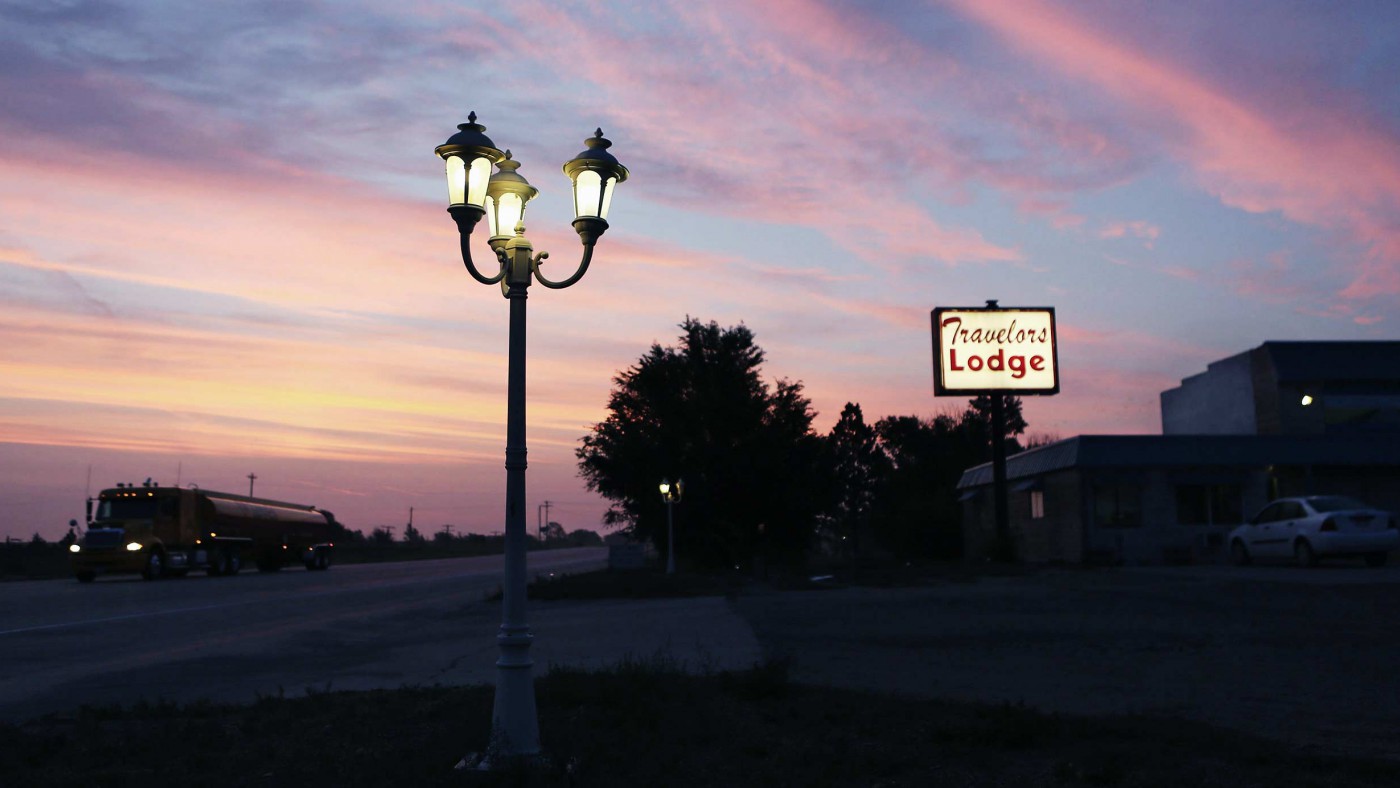I am writing this in the departure lounge, about to catch a flight to sunny Colorado, ready to escape the incessant dampness of the English summer. Flicking through saved twitter and facebook links, what do I come across? This story, about a man in Sydney who risks a AU$1.1 million fine every time he rents his house out Airbnb travellers.
Why does this come to mind as I’m about to set out on my summer holiday? Because very soon I will be making use of the sharing economy and staying in my first Airbnb accommodation myself. Suddenly, the idea that there could be legal action taken against me or my wonderful hosts has made the Sharing Economy debate personal, as I’m sure it must have been for Courtney Love and other Uber-users held hostage by Paris taxi drivers last month.
So why did I choose Airbnb, in the lovely Rocky Mountain town of Boulder? Without giving too much away about my hosts, let’s look at the city’s hotel market. Firstly, booking.com comes up with only nineteen 3-star hotels in Boulder – that’s some choice, but feels a bit limited for someone used to the wealth of options found in major cities. Most of these properties are motels far outside the city centre, so completely impractical for tourists like me travelling without a car. Of those closer to the centre, the average price per night for a double room in a 3-star listing with mediocre reviews is about £180 a night.
Airbnb is another story, with rooms starting from as little as £41 a night, ranging up to £292 (for which, I should add, you can rent out an entire 4-bedroom house). Moreover, a quick glance at the map shows properties all over Boulder, from the downtown hub Pearl Street to right on the edge of the National Park. The residence I chose is a double room in a downtown house, with an ensuite bathroom and space to cook, that has a flurry of 5-star reviews, for just £50 a night. If there’s a hotel in Boulder that can even come close to competing with that, I’d like to see it.
Of course, that’s not good enough for one Boulder resident, whose numerous complaints led to the city council sending out cease-and-desist orders to 20 property owners. The executive director of the Boulder Convention and Visitors Bureau, Mary Ann Mahoney, has stressed that this is all about safety, and been quick to dismiss claims that action taken against Airbnb has anything to do with local hotels objecting to the competition. Personally, I find it highly unlikely that the collection of badly-reviewed hotels overcharging for a room on the outskirts of the city have nothing to do with the complaints of these competitively priced residences. But of course I can’t prove that.
What I can do is point out how ridiculous it would be to regulate these properties in the same way as hotel rooms. Firstly, I have stayed in some appalling rooms, from Paris to Seoul to Los Angeles, and no amount of regulation in those cities was capable of sorting out the hair in the sink, mould on the walls, and, on one terrifying occasion, the rats. But it’s unfair to task the regulators with maintaining a high level of customer satisfaction – those rooms were cheaper than the alternatives, and I chose price over quality. With Airbnb, I could do the same – rooms with poor reviews or no reviews at all are significantly cheaper. The difference is I can make a decision based on reviews of people who have actually stayed there, not an arbitrary regulatory standard. (And yes, I am aware that hotels are also copiously reviewed, but there are so many different sites reviewing the same hotel that it can take hours to wade through them all. With Airbnb, it’s all in one place.)
Secondly, what I want out of an Airbnb room is just that: a room. I don’t need a concierge service, restaurant, dining room, or any of the other extras that hotels are graded on, and I don’t want to have to pay for them. I treat it the same way I would staying in a friend’s spare room, then buying them dinner to say thank you.
Maybe the best solution to the Airbnb wars would be the compromise worked out in the tiny town of Norfolk, Connecticut. Norfolk enjoys exactly one hotel, and hosts a large population of students over the summer attending the Yale Summer School of Music and Art. After complaints about Airbnb users, the town ruled that there would be an exemption from regulations for Airbnb listings of two or fewer bedrooms (or four or fewer if the owners were hosting students), and that larger properties would be subject to the same rules as hotels. Essentially, listings operating like hotels got regulated like hotels, and people renting out a spare room over the summer did not get penalised.
How would a policy like that work out for Wally Salinger in Australia, facing such exorbitant fines? He’d be able to continue renting out his rooms, encouraging guests to support local businesses and bringing tourism to his area of Sydney.
“We’ve had 50 to 100 people share what we have – why build more houses and hotels when there’s all these spare rooms available?” He has a point.


